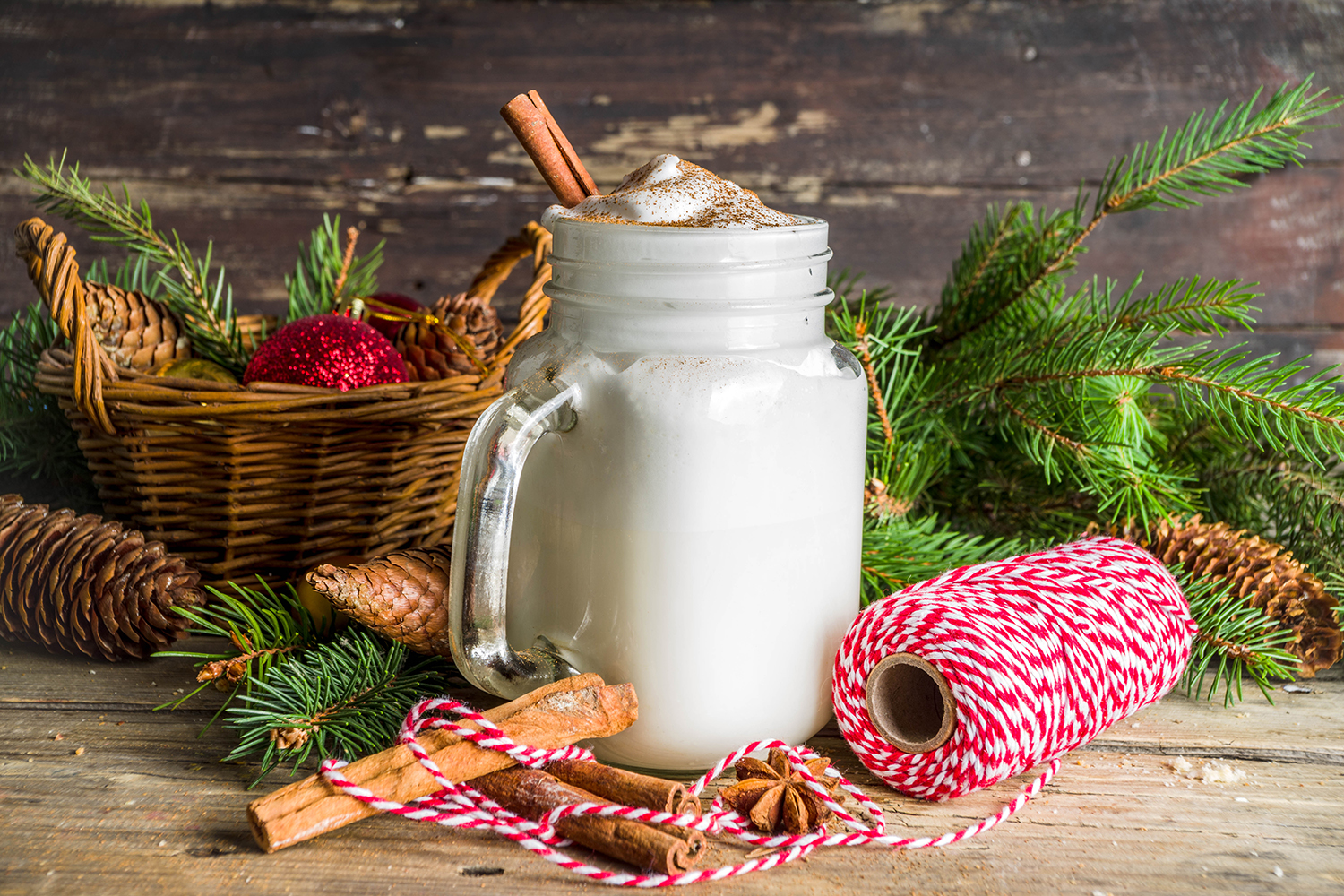‘Tis the season to be jolly. Treats like Grandma’s peppermint mocha cookies that existed long before Starbucks, pies, and figgy pudding are something we look forward to all year round. Though your taste buds may be lighting up like a kid on Christmas, the holidays are notoriously a time when people gain weight.
Research published last year found that Americans expected to gain eight pounds during the holidays. The numbers may feel eye-popping, but let’s get one thing straight right away: The number on the scale doesn’t define you, and it doesn’t need to be something you focus on during the holidays or any day. If you’re concerned about your weight or your eating habits, speak with your doctor.
That said, for people looking to minimize the end-of-year weight gain, there’s hope. Even better news: It doesn’t require you to forgo holiday food, like Christmas dinners, altogether.
Experts dished their best tips.

Tips for the entire holiday season
Keep your fitness routine
Trevor Wells, ASAF, CPT, writer for Living.Fit, knows that days of packed schedules are a recipe for ditching your daily jog. This temptation is one you’ll want to try to avoid.
“Make sure you put in your normal workout on a daily basis,” Wells says, adding that abandoning your workout routine could also spell sleep troubles.
Make a plan
It’s called the holiday season, sure, but experts recommend not treating every day like Christmas.
“Rather than just over-eating on Christmas Day, people adopt a … mentality that sees them indulge for weeks on end,” says Emily Schofield, a certified personal trainer and gym manager at Ultimate Performance Los Angeles.
Pick your moments, and plan for what they will be in advance.
“Sit down and map out the big events that are coming up that you want to be able to enjoy guilt-free, like Christmas Eve, New Year’s Day, and maybe a couple of parties,” says Alicia Jones, a certified fitness instructor and sports nutritionist.

Tips for the Day Of
Eat something
Don’t bank calories by not eating all day.
“This can affect your blood sugar, energy, and mood, leaving you feeling ravenous and more likely to overeat later,” says Schofield.
Meals that help keep you feeling fuller longer — and less likely to eat more than you’d like later — include meals with proteins, healthy fats, and fiber, such as a veggie omelet.
Don’t drink your calories
Holiday drinks, particularly cocktails, can be high in calories.
“Choose your seasonal beverage and have it in moderation,” says Blanca Garcia, RDN, a nutrition specialist with Health Canal.
Wells suggests having at least one glass of water for every holiday drink.
Do have the cookies
If you look forward to the same fresh-baked goods every year, feel free to indulge a bit.
“The majority of foods served during the holidays are specialties of the season,” Garcia says.
Moderation is still important. Garcia suggests picking one or two servings of your favorite cookie.
Your playbook for Christmas dinners
Portion control is key, Wells says. Schofield agrees.
“Where possible, opt for high-protein foods such as chicken, turkey, and salmon, complemented by a generous serving of vegetables,” Schofield says.

Tips for immediate post-holidays
Ditch the guilt
Perhaps you didn’t follow the above strategy for Christmas dinners. Forget saying, “Bah humbug.”
“Although it’s important to be mindful, remember that you can sit back, relax, and enjoy your time with friends and family and, if you do overindulge, don’t beat yourself up,” Schofield says.
Get back to normal
Instead of wallowing in guilt, get back up on the horse — or, more accurately, back to your regularly scheduled eating and fitness regimen. Note: This tip means not “punishing” yourself by severely cutting back on eating.
“Do not overly restrict and deprive yourself for the next week to compensate, as this will only encourage and lead to bad habits long term,” Schofield says. “Instead, shift your focus to getting back to your normal eating and exercise routine.”



